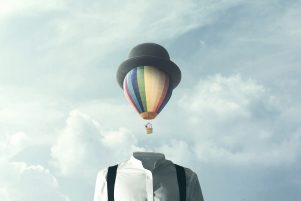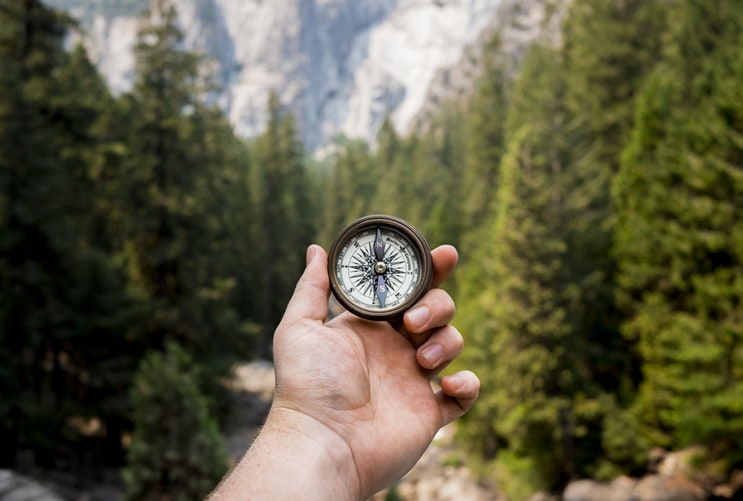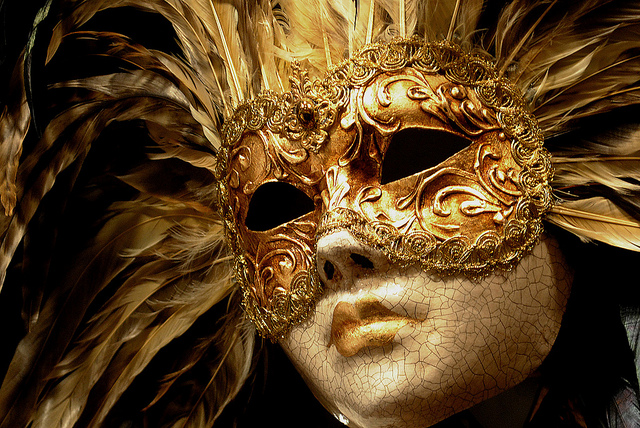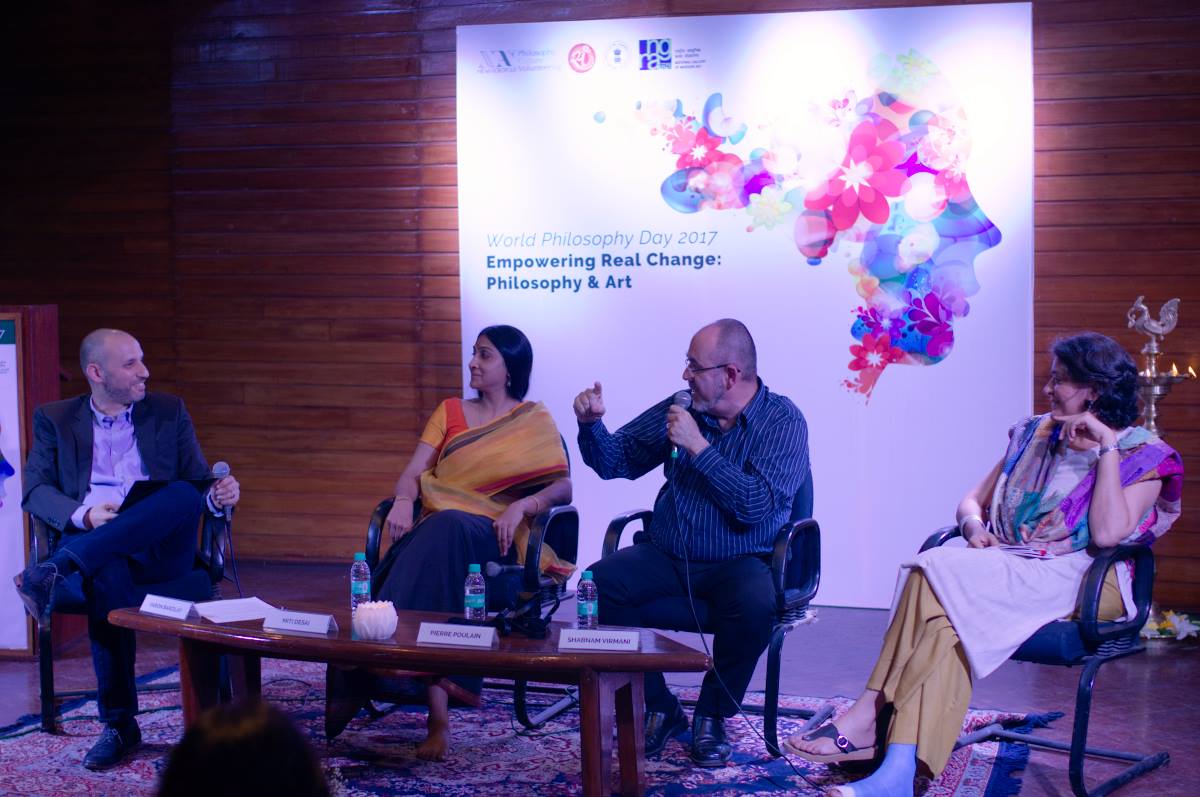To Freedom: Mastering our Tools
Article By Yaron Barzilay
 In recent years we seem to see an increasing number of people across the world calling to sharpen the fine boundary between technology employed to serve humanity, and that which takes over our freedom. We have smart phones and watches that make our lives easier, or sometimes more complicated… leaving users sometimes lesser and lesser capable, while devices become ever more sophisticated. It is enough to note the degradation in our use of language, and the total negligence of the traditional practice of writing on paper, to realise the price we may be paying. Social networks, as they are ironically called, have been strongly condemned in recent years, sometimes by the very people who are at the heart of the industry. These networks are often un-social, and easily reduce the quality of our relationships and values that we share. That they may serve commercial agendas, while feeding polarisation and extremism, is not a hidden secret.
In recent years we seem to see an increasing number of people across the world calling to sharpen the fine boundary between technology employed to serve humanity, and that which takes over our freedom. We have smart phones and watches that make our lives easier, or sometimes more complicated… leaving users sometimes lesser and lesser capable, while devices become ever more sophisticated. It is enough to note the degradation in our use of language, and the total negligence of the traditional practice of writing on paper, to realise the price we may be paying. Social networks, as they are ironically called, have been strongly condemned in recent years, sometimes by the very people who are at the heart of the industry. These networks are often un-social, and easily reduce the quality of our relationships and values that we share. That they may serve commercial agendas, while feeding polarisation and extremism, is not a hidden secret.
There is no doubt that we need to become aware of our use of technology, to strike a dynamic balance. This may seem easy in principle, but is not always so in practice; to discern between means and goals, disallowing the tool to ever become the charioteer of our most valuable purpose.
To determine if it is good or bad, any tool, be it a knife, a vehicle, a piece of software, a drug, etc., primarily depends on the manner of its use. This should never be disregarded as we form our ethical judgment. It is also quite clear that technology in the service of humanity is not a negative factor per se. On the contrary it is an undeniable expression of our ability to advance and enrich our lives. We know, however, that it can also destroy us, if used incorrectly or for the wrong purpose.
It is with clarity about our fundamental goals, our life’s purpose, that we can evaluate and judge the tools we employ in our life. For what purpose do we utilise them? What consequences might they have? Are they really serving us? Despite the feeling that we are missing out, with regards to something that the ‘whole world’ is using, it is crucial we keep asking ourselves if it really serves us in the pursuit of our life’s purpose, or if it facilitates a diversion from our path.
This fundamental need to distinguish between means and goals isn’t really a new challenge we face today. As many traditions have already observed for thousands of years, a human being is a complex of identities, and is dual in nature. On the one hand there is an aspect that is temporary and material, while on the other, there is the Spiritual. The latter is an inner and higher identity, the Soul or the Higher Self, while the former is but a vessel, a mask we wear (the Persona, or personality), to which we are born and die. This biological vessel might be more complex in nature than the term ‘bio’ refers to today; it holds together various factors, including our physical body, which is an amazing complex by itself, but also comprises the subtle forms of energy (Prana), and the planes of emotions and thoughts, beyond the biological interface they are related to. If we pay attention to the teachings of our ancestors across cultures and civilizations, we may realize how little we know about ourselves. They seem to suggest that this incredible ‘device’, our body, is much more capable than we think. But, it is after all, as they suggest, a machine – nothing more.
An anecdote about the Pythagorean school shares that a candidate to advance studies, was challenged with the question: “Do you have a soul?” For all those that answered affirmatively, the door remained closed. The correct answer was: “No, I have a body!” This is not really an intellectual question, but a matter of Identity. “Who am I?” is a fundamental philosophical question that must determine our way of life and our relationship with practically everything… starting with ourselves, our own personalities. I am a soul – and I have a body, I have feelings, I have thoughts. These are tools, means of interaction that need to be guided in a particular manner, and be mastered. Else the tools become our masters, and may be used by others, like the masters of the cave that Plato refers to in his famous allegory.
Therein lies our authentic freedom, the freedom to be. But it starts and continues primarily with ourself. It is an inner battle, before anything else, which is echoed in so many myths and allegories. It is a battle that requires the constant discernment between the means and goals, the inner and outer, the higher and lower, which facilitates our development in life, individually and collectively, flowing from within towards the outer. It is the constant pursuit to reveal the hidden inner truth. We are human beings. Living beings. Not machines, nor programs, or tools.
Yaron Barzilay is the National Director of New Acropolis Cultural Organisation (India)
Image Credits: By fran_kie |shutterstock
The entity posting this article assumes the responsibility that images used in this article have the requisite permissionsImage References
By fran_kie |shutterstock
Permissions required for the publishing of this article have been obtained




What do you think?